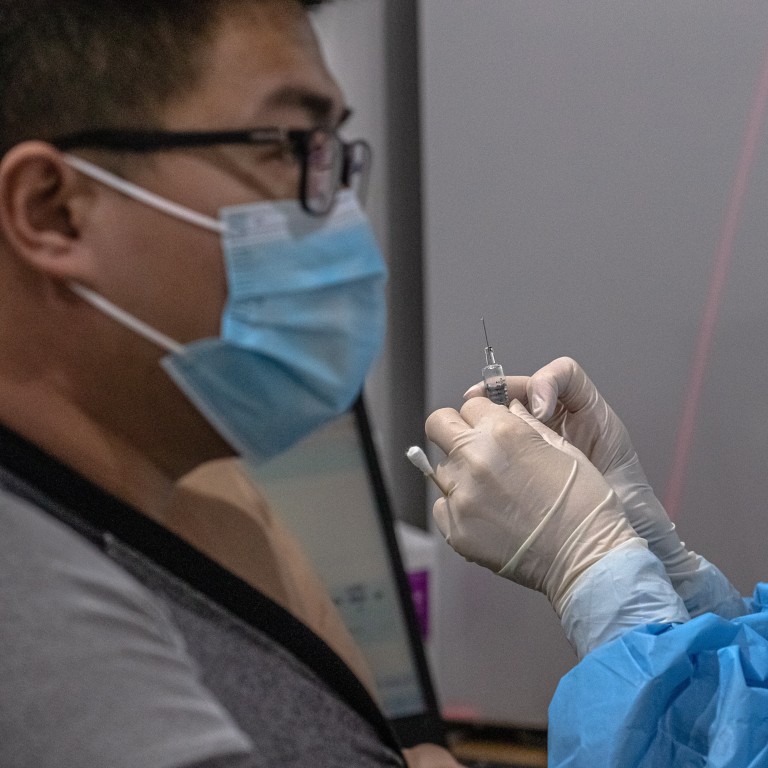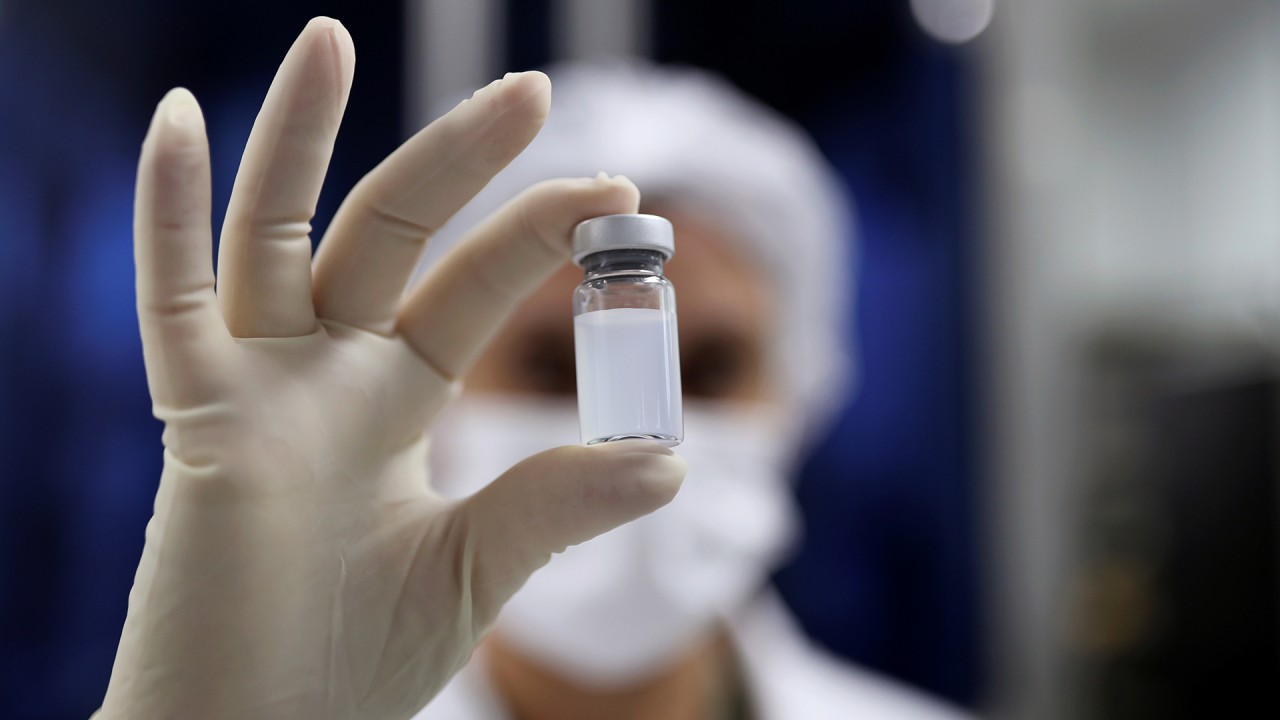
With coronavirus vaccines, trust is in the clinical trial details
- In the rush to release data, developers need to be able to answer questions from the public and the scientific community
- The efficacy rate is the focus of much attention and the numbers must add up
They have rushed their findings out on preprint servers because information about the virus is urgently needed.
The preprints come with caveats, with scientists cautioning that such papers should not be treated as peer-reviewed findings.
Due to pressure to roll out vaccines as quickly as possible, manufacturers have gone public as soon as they have had enough cases for an interim or final analysis of efficacy.
In these releases, the media and the public usually focus on the efficacy rate, an important indicator of whether the benefits of inoculation are greater than the risks.
Regulators will, of course, ask for detailed data – and no doubt receive it eventually. But the scientific community and the public also want to know more than what is in the press releases.

02:29
Brazil study shows China’s Sinovac vaccine less effective than earlier data on the Covid-19 shots
After their initial announcements, Pfizer-BioNTech, Moderna and Oxford-AstraZeneca published peer-reviewed papers about their late-stage clinical trials. The US regulator also held public hearings on the two mRNA vaccines in an effort at transparency.
The Butantan Institute, the firm’s partner in Brazil, where a major clinical trial is under way, initially said the vaccine had a 78 per cent efficacy rate.
Amid questions from the scientific community about the data, the institute held a second press conference, saying that figure related to those who required treatment. The general efficacy rate was 50.38 per cent, it said.
China also said that another vaccine made by state-owned Sinopharm was 79 per cent effective but there were no details on key points such as how many infections were found.
Details are important.
And given that many countries have already placed orders for the vaccines, the companies should publish that granular information as soon as possible if they want trust in their product.

